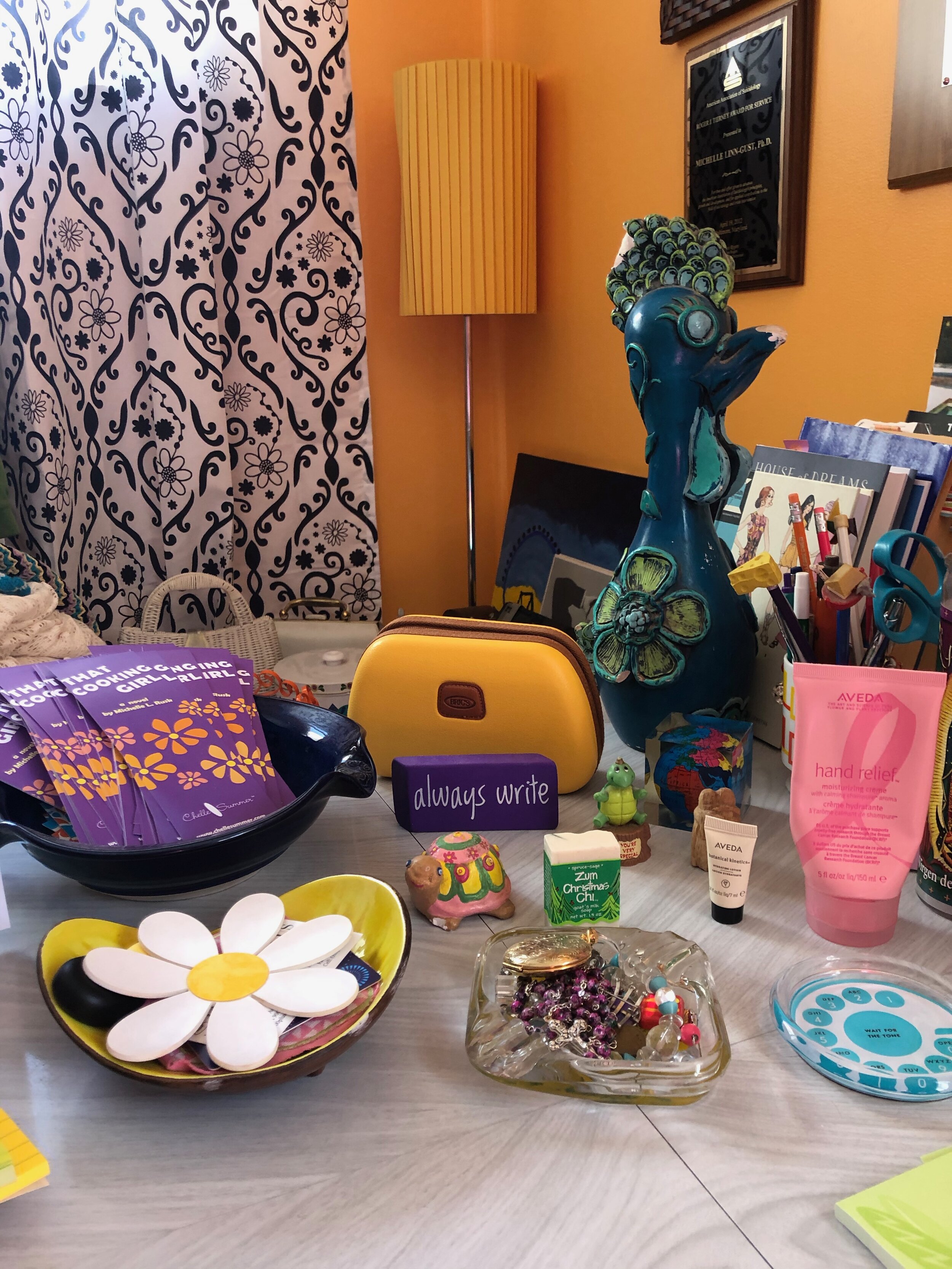I get up no later than 4:30 every day, including weekends.
It’s quirky, I know, but it’s what sustains me, especially in times like we’re experiencing now.
I’ve also been working at home pretty much my entire working life since I stopped being a high school teacher. I knew early on that going to an office or school wasn’t my bag and I worked hard to find my place in this world where I could make a living (translation, pay the bills) and have that flexibility.
Many people are seeing the challenges of working from home right now, but I have always used them to my advantage. I do laundry and dishes when I take “water cooler breaks.” I’m able to accept deliveries and not let things sit on my front porch. The biggest challenge is that when we do leave, the dogs aren’t used to being alone all day so we have to find house sitters who come and go, not work all day and are here at night.
But in that framework of being home all day, I have a schedule that I adhere to most days, Monday through Friday. I have lists, I have piles, I know what I need to get done first. I try to do all my desk work in the morning and sew in the afternoon.
My routine isn’t for everyone, but I do know that we have to have some sense of routine, especially as the weeks are turning to more weeks during this time. The routine at my house has been turned upside down in some ways because Greg is now working from home as well.
However, because I already had a routine in place and because he’s usually at home in the summer, I realize the changes are minimal. And the fact that there was a routine and schedule makes it easier for him to adhere to something as he gets used to teaching online.
Everyone needs some schedule in their lives, it’s partly what wards off depression. Make sure you do something you need to each day and do something that brings you joy each day as well. This might feel like a huge interruption in your life that you don’t fee like you can get past, but it’s all in how you look at it. It’s an opportunity to do things you haven’t had time for (those things at home, that is) and in that process keep a schedule that also makes you feel productive and happy when the end of the day rolls around.


